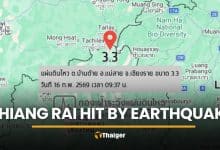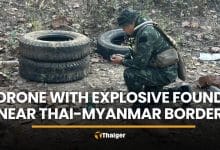Thai military aids Myanmar after deadly 7.7-magnitude quake
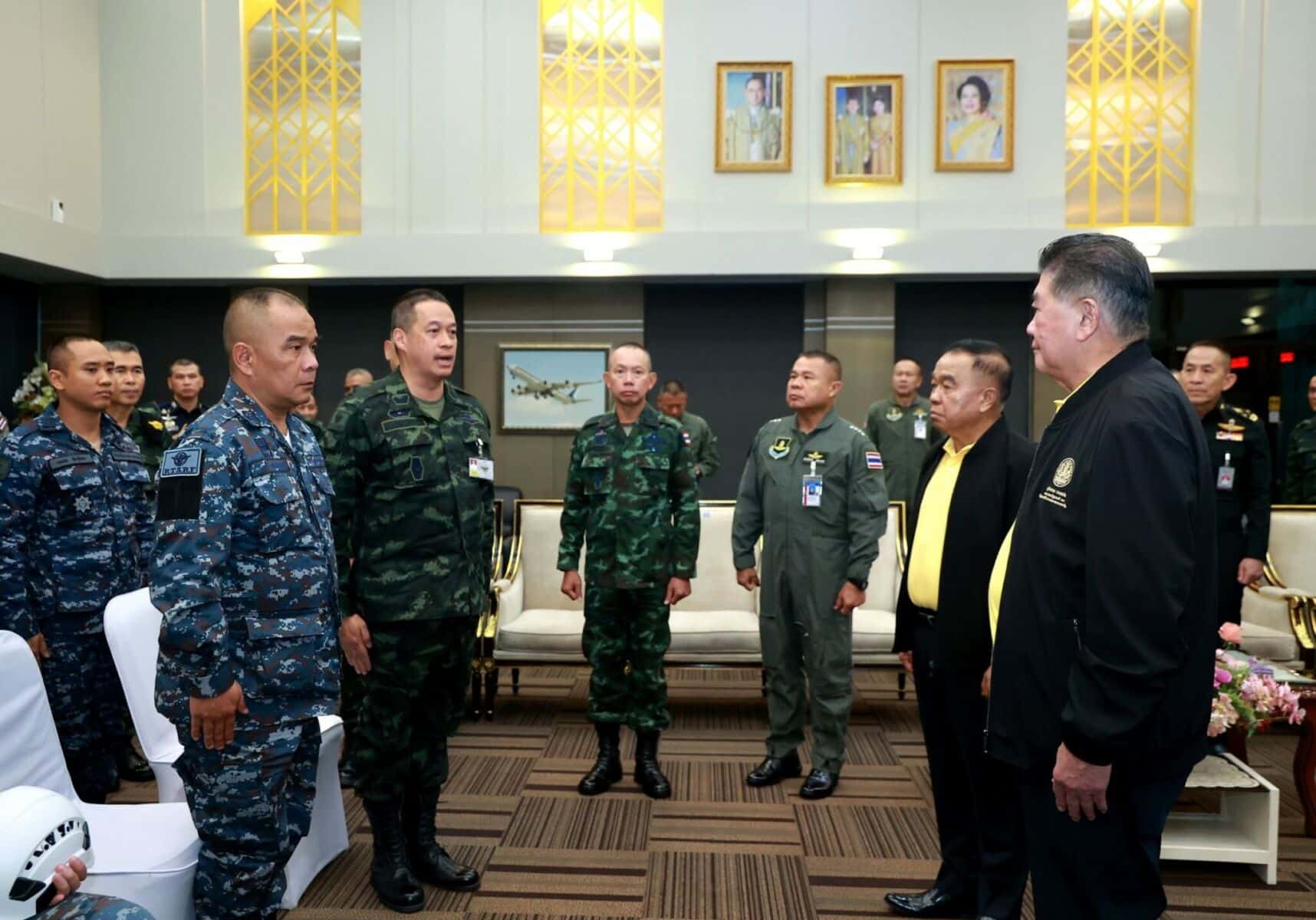
Thai military personnel are set to aid Myanmar in rescue and recovery efforts following a 7.7-magnitude earthquake that caused extensive damage.
Prime Minister Paetongtarn Shinawatra directed Defence Minister Phumtham Wechayachai to consider deploying military resources to assist earthquake relief operations in Myanmar, as stated by Deputy Defence Minister Nattapol Nakpanich yesterday.
A team comprising 49 search and rescue members, medical staff, and supplies from the Thai armed forces will be dispatched via a C-130 aircraft of the Royal Thai Air Force (RTAF) today, March 29.
The initial focus will be on addressing immediate needs and evaluating Myanmar government’s requests for further aid. The Thai government is currently assessing these requests to determine subsequent actions, Nattapol added.
The earthquake, which occurred on March 28, resulted in the confirmed deaths of over 1,000 people in Myanmar cities. Its tremors were felt in many areas of Thailand, even causing a high-rise building in Bangkok to collapse.
Meanwhile, the King and Queen of Thailand have extended royal patronage to those injured in Thailand due to the earthquake. A statement on Prime Minister Paetongtarn’s Facebook page announced that those affected would receive royally sponsored care.
The Association of Southeast Asian Nations (ASEAN) acknowledged the urgent need for humanitarian aid for Myanmar following the earthquake. The foreign ministers of the Southeast Asian bloc expressed their readiness to support recovery efforts in a joint statement yesterday, March 29.
“ASEAN affirms its solidarity and will work closely to coordinate humanitarian assistance, support and facilitate relief operations, and ensure a timely and effective humanitarian response.”
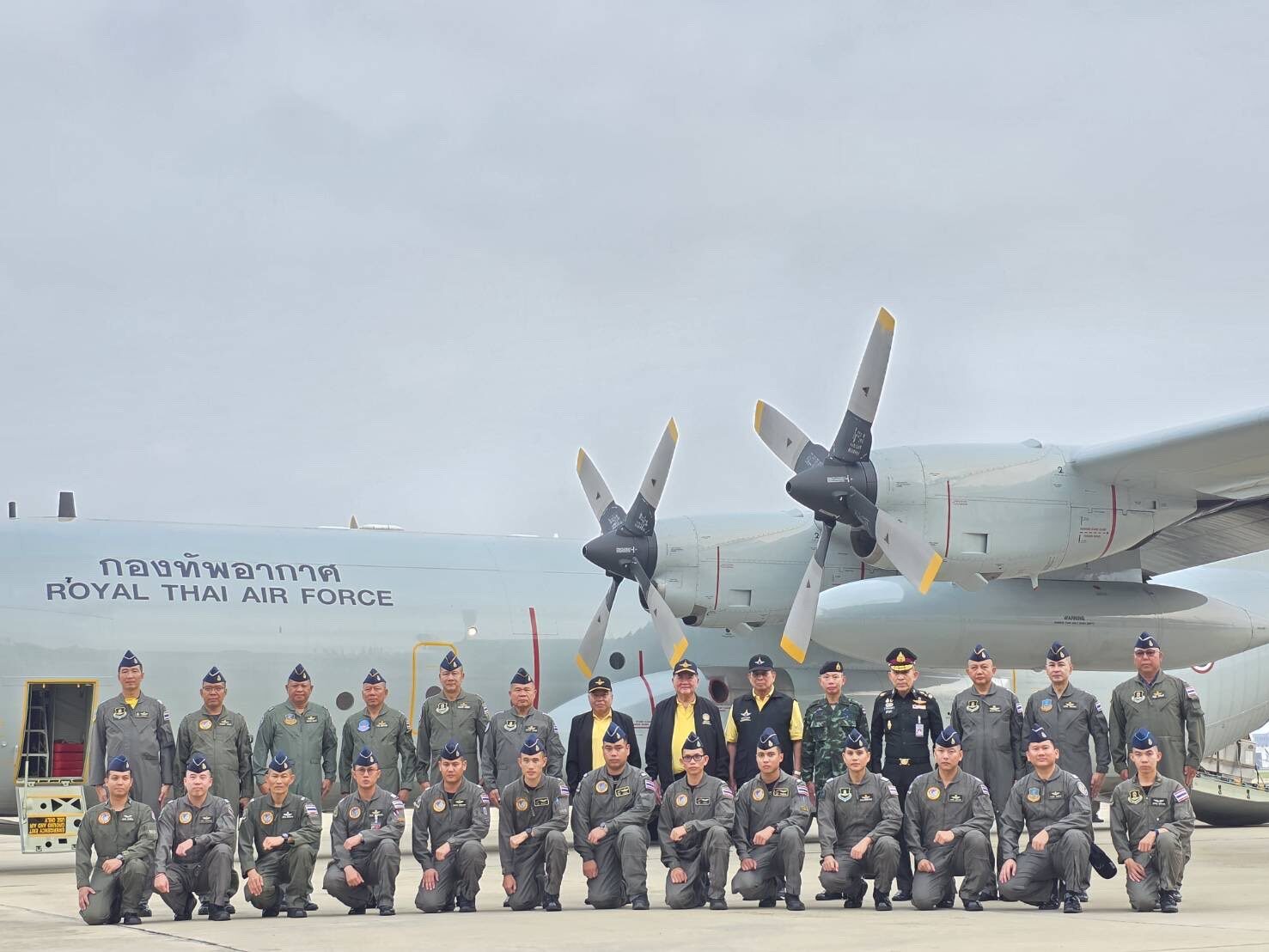
Myanmar’s junta has issued an unusual call for international aid, with disaster response teams from Russia, China, Singapore, and India arriving yesterday, March 29. However, rights activists have expressed concerns that aid might not reach those in need, as the regime has previously blocked relief efforts in regions controlled by opposition groups.
Thomas Andrews, the United Nations special rapporteur on human rights in Myanmar, noted on X, formerly Twitter, that the military’s response to recent natural disasters demonstrated its tendency to weaponise aid.
Reuters reported in December that the junta had intimidated aid agencies and suppressed data collection on a severe food crisis affecting the country. In Mandalay, residents informed Reuters that they had not yet received assistance from military officers, reported Bangkok Post.
A rescue worker mentioned borrowing machinery from businesses to aid in rubble removal, stating they had received no support from the military government but refrained from providing further details due to fear of retribution.
Some residents have turned to Facebook to request machinery, with one individual appealing for a crane to recover family members buried under a collapsed mosque.
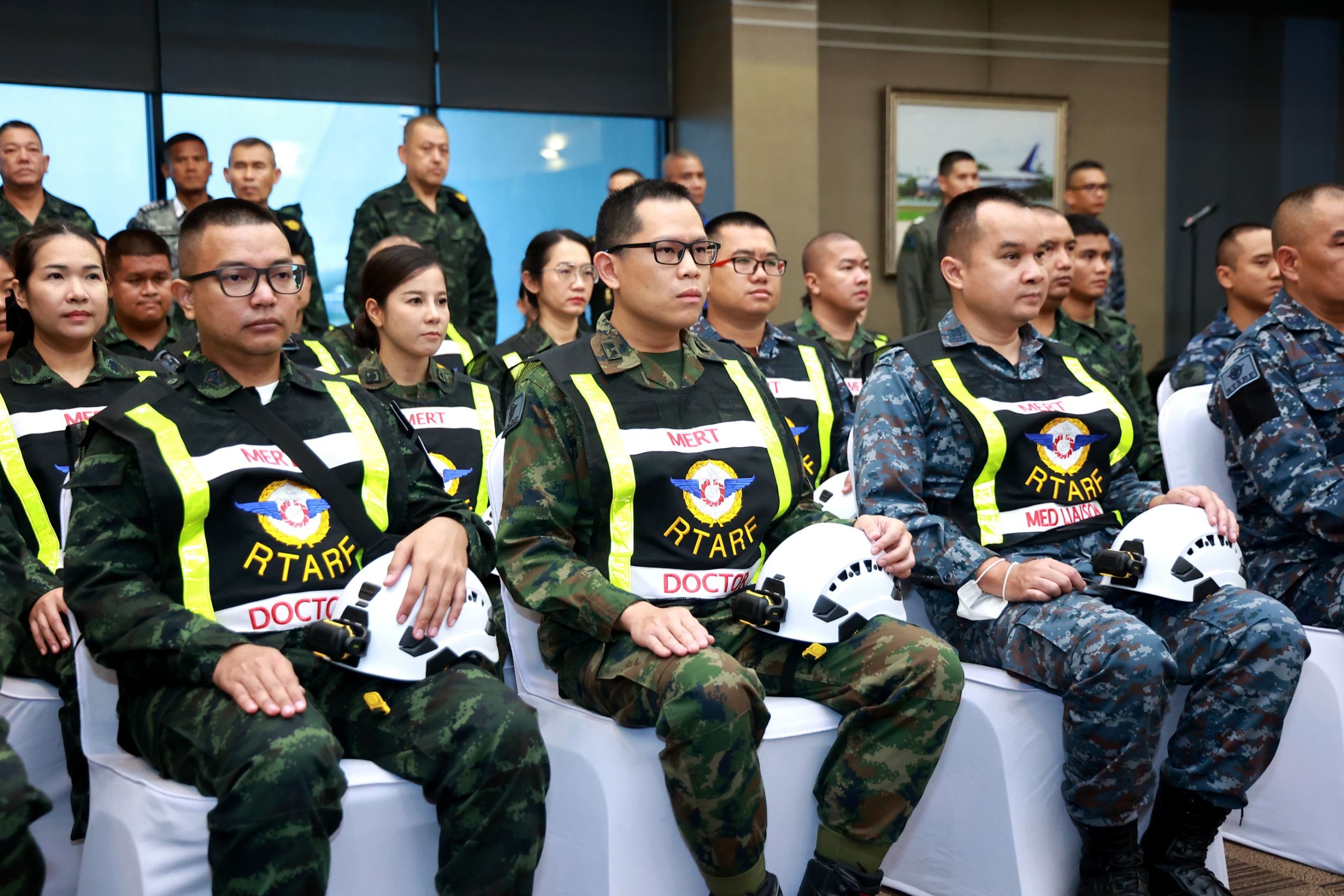
Latest Thailand News
Follow The Thaiger on Google News:
